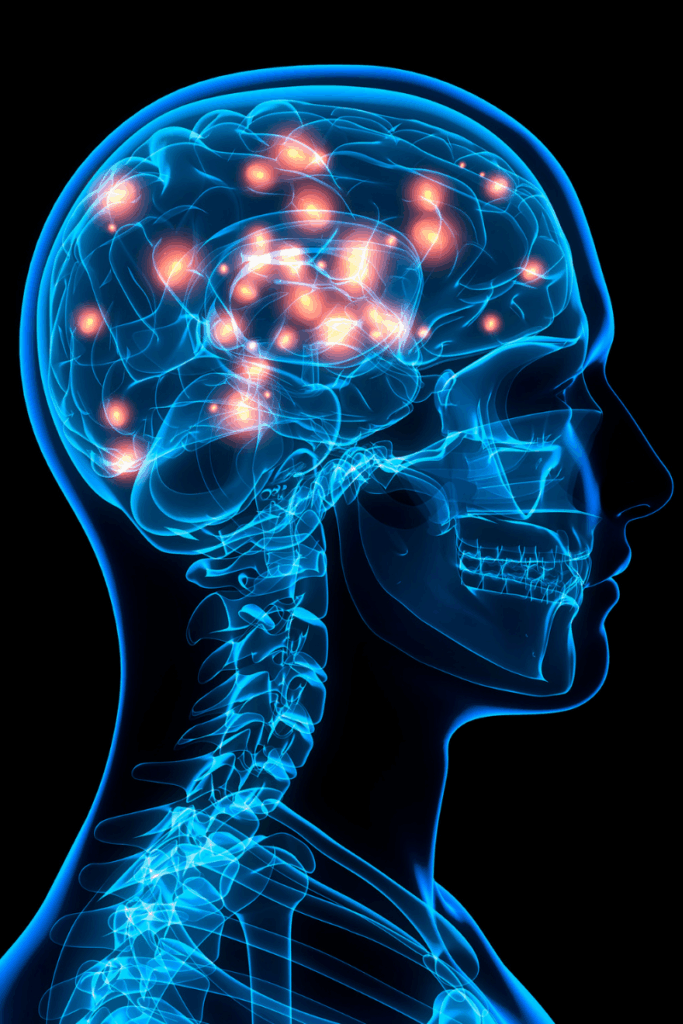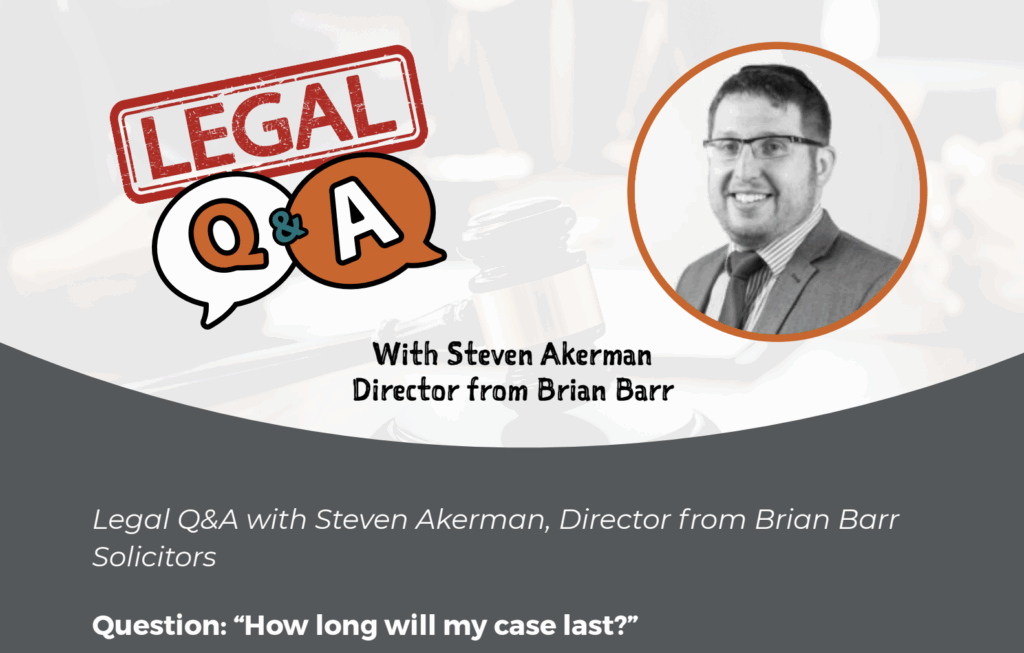Every year on World Mental Health Day (10th October), we’re reminded of the importance of mental wellbeing and the need to talk openly about issues that are too often hidden. At Brian Barr Solicitors, we know from experience that mental health struggles frequently go hand in hand with chronic pain conditions such as fibromyalgia, Complex Regional Pain Syndrome (CRPS), and Functional Neurological Disorder (FND).
For many of our clients, these conditions are not only physically debilitating, they are emotionally exhausting. Living with constant pain, fatigue, and uncertainty takes a toll that cannot be seen, but is deeply felt.
One of the hardest aspects of living with fibromyalgia, CRPS, or similar conditions is that they are often invisible. There are no casts, scars, or visible injuries, yet the pain can be overwhelming. This invisibility can lead to feelings of isolation, frustration, and even shame, especially when others doubt the reality of the illness. It can also make it more difficult to prove the extent of an injury and the impact it has, which is why it is important to work with specialist chronic pain solicitors who really understand the subject.
Research consistently shows a strong connection between chronic pain and mental health conditions such as depression, anxiety, and post-traumatic stress disorder (PTSD).
Living with unrelenting pain changes how the brain processes stress, sleep, and emotion. Over time, this can lead to:
- Persistent low mood or loss of enjoyment in daily life
- Anxiety about symptoms, flare-ups, or the future
- Sleep disturbances, which in turn worsen pain and fatigue
- Cognitive difficulties (sometimes called “fibro fog”)
- Feelings of hopelessness or loss of identity
Many of our clients describe their pain and mental health symptoms as a vicious cycle – where pain increases stress, and stress makes the pain worse. Recognising and addressing this two-way relationship is a crucial part of recovery and rehabilitation.
At Brian Barr Solicitors, we specialise in representing people with CRPS, fibromyalgia, FND, and other chronic pain conditions that often develop after injury or trauma. These are complex conditions where the nervous system becomes dysregulated, meaning the brain continues to send or misinterpret pain signals long after the original injury has healed.
The result is very real, very physical pain, often accompanied by emotional distress, exhaustion, and loss of independence. Understanding that these conditions involve both mind and body does not mean the pain is “all in your head.” Instead, it recognises the powerful connection between the brain and the body, and the importance of treating both together.
For many clients, pursuing a personal injury or chronic pain compensation claim can be a difficult and emotional process. Having to explain your pain, prove your symptoms, and face scepticism from insurers or defendants can add further strain to mental wellbeing.
That’s why our team at Brian Barr Solicitors takes an empathetic, person-centred approach. As leading personal injury solicitors in Manchester, we understand the psychological as well as the physical challenges of chronic pain, and we work with medical experts (including pain specialists, neurologists, and psychiatrists) who recognise the full picture of your condition.
If you are struggling with chronic pain or a hidden illness that have developed because of an accident, injury, or medical negligence, our team is here to help.















